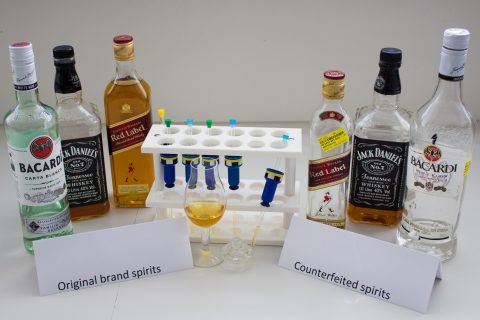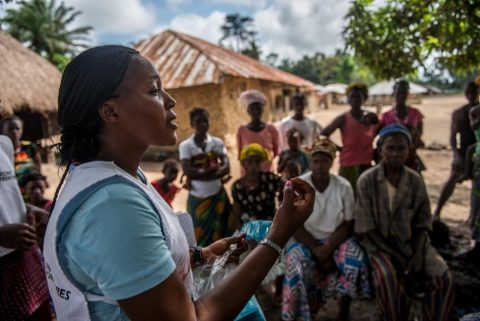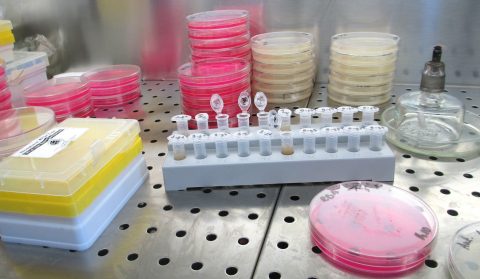Research published in F1000Research, discusses the public health issues arising from the unregulated trade of alcohol. One of the authors, Dirk Lachenmeier, explains the potential harm to underage drinkers; the hazards due to toxic ingredients such as methanol; and the potential harm of increased drinking volumes due to low prices and high availability on the internet.
To date, F1000Research has published more than160 software tool articles and we’re looking for more! In publishing the details of your software tool and making it open source you can make a real difference to the research of others. Hollydawn Murrary highlights some recent Software Tool Articles published on F1000Research and announces a new call for papers.
With the rapid advance of technology and modern medicine the number of people becoming centenarians or even supercentenarians (living past 110) is increasing, with the United Nations predicting that we will see nine times as many people living for over a century by 2050. Eleanor-Rose Begg from F1000, summarises the research on aging and looks at the impact it has on us both physically and neurologically.
MSF Scientific Days this year was held at the Royal Society of Medicine in London. This conference brings together researchers from around the world to showcase their medical research. Similarly to last year, the conference was split into two parts: Medical Research and Innovation. Three members of the editorial team at F1000Research, Christina Tang, Theo Isaac and Molly Cranston, had the pleasure of attending MSF Scientific Days and provide a brief overview of what was discussed.
Fleur Braddick, Peter Anderson and Antoni Gual, members of the research network, ALICE RAP, published an opinion article to explain why it is time to re-think addictions and why we need to redesign the governance of drugs in Europe and globally.
John Sayer is a Clinical Professor of Renal Medicine, Newcastle University and runs the Renal Genetics Service and Family Renal Genetic clinic at Newcastle Upon Tyne Hospitals NHS Foundation Trust. He published a case report including both the clinical and patient perspectives to think about the consequences of analysing genes to discover the underlying cause of disease, and the impact such a genetic diagnosis has on the patient and their family.
Social media has become prolific in everyday life and allows the instantaneous sharing of information, which can include health care information. The authors of a Research Note published on F1000Research suggests as medical vocabulary becomes more prevalent on social media that more comprehensible language should be used. In this guest blog, Farris Timimi, cardiologist, Medical Director of the Mayo Clinic Social Media Network and well-known health care Twitter user gives his view on this.
A recent Opinion Article by Jan Voskuil, Aeonian Biotech, discussed the challenges in validation of research antibodies. It was openly peer reviewed by Michael Weller, Federal Institute for Materials Research and Testing (BAM), Germany. In this blog, both discuss these challenges, the reproducibility crisis and open data.
On Friday and Saturday this week, the 14th Médecins Sans Frontières (MSF) Scientific Days programme will kick off in London at the Royal Society of Medicine. These events are followed by a day in New Delhi, India on May 27th and in Blantyre, Malawi on June 22nd. Sarah Venis from MSF lets us know what we can expect at the London event
Nick Riddiford is a postdoc in developmental biology in Institut Curie in Paris. Last year he surveyed scientists to find out more about their working practices. He published his results on F1000Research as a research article. He explains more here about why he carried out the survey and what he thinks needs to change.















